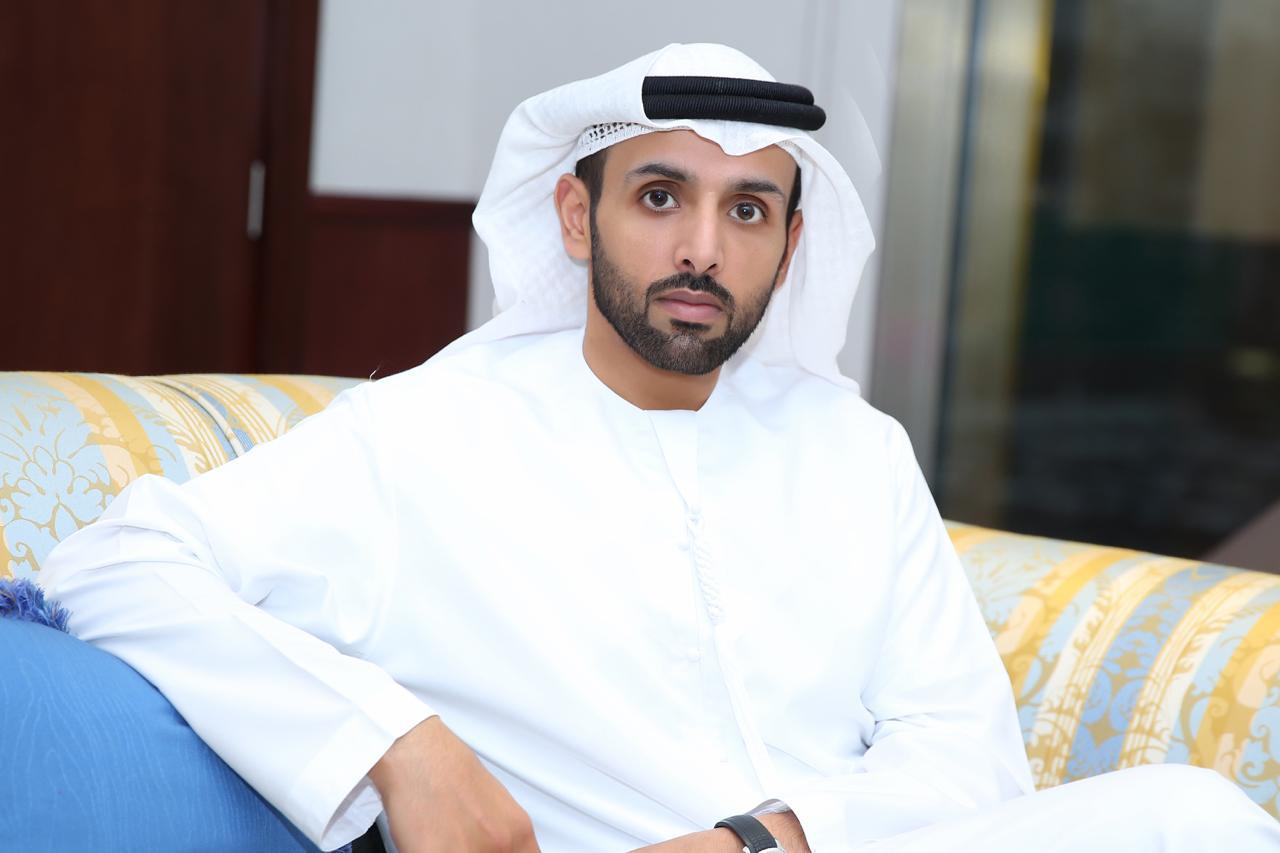
الشيخ أحمد بن حم العامري في مقابلة مع جلف نيوز
It employs more than 3,000 people closely working in sectors known for entertainment and leisure. But when the COVID-19 pandemic, the massive Bin Ham Group swiftly moved many operations online, allowing more than 70 per cent of their staff to work remotely.
Keeping in mind the variety of its offerings, the group also quickly set up preventive measures to ensure that both clients and workers remained safe. “The COVID-19 pandemic has clearly underlined the fact that we are all responsible for one another. As we set up safety measures, we also worked to set up remote working capabilities that would keep our staff safe. While most of our workers have returned to their offices, I can safely say that the remote working period opened up our horizons further, preparing us for any future crises,” Sheikh Ahmed Musallem Bin Ham Al Ameri, general manager of the Bin Ham Group, told Gulf News.
Safety education
Educating the staff and clients became one of the company’s key areas of focus, and Al Ameri said awareness lectures were organised across clinics, hotels, travel agencies, and engineering and construction companies. Educational leaflets were also distributed, and social distancing measures were set up. In fact, this attention to safety was one of the reasons why the company’s hotel properties have continued to operate safely during the pandemic.
“Of course, as is the case with any new experience, difficulties and challenges arose, and so we formed a specialised committee to regularly review the issues and come up with solutions that ensure smooth operations across the sectors,” Sheikh Ahmed said.
Lama Missaoui, sales director at Bin Ham Travel, explained how she and her team continued working during the pandemic. “When the COVID-19 outbreak reached the UAE, travel and tourism was immediately affected. Airports were shut down, and aviation services were halted. At the end of March, we met with all our employees and implemented a work-from-home strategy that would help them stay safe. This added feeling of safety, we felt, would also motivate them to keep giving their best,” Missaoui said.
Fortunately, the dedication of the teams also saw Bin Ham Travel becoming a key travel partner for public health professionals. “We got the opportunity to serve frontline workers who were the real heroes of the pandemic,” Missaoui said. She added that the company also benefited from having a functioning digital infrastructure that allowed 70 per cent of work to happen via online platforms.
While full-time remote working did was a challenge, Missaoui did not feel that it affected productivity. “It was difficult to focus on professional responsibilities initially, but we adapted, especially because we felt safer, and less anxious,” she said.
In fact, Bin Ham may continue to use remote working even beyond the COVID-19 pandemic. “We’ve seen that achievement can happen anywhere. So at the end of this COVID-19 journey, we will hold detailed meetings to discuss our learning, with the aim of implementing advanced solutions across the group,” Sheikh Ahmed said.







